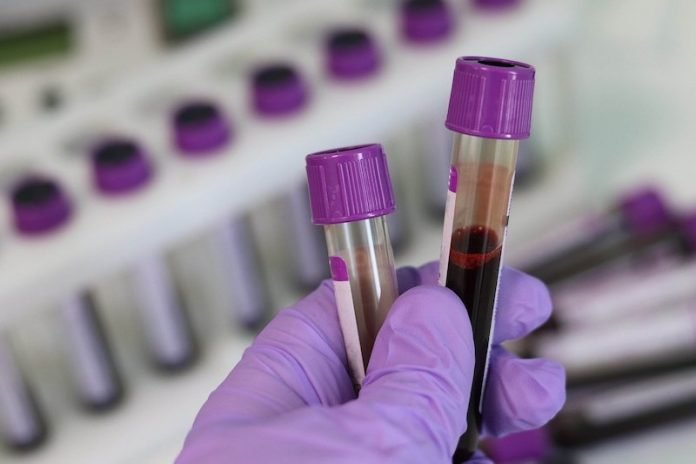
In a new study from the University of Pittsburgh, researchers found that patients with nonalcoholic fatty liver disease (NAFLD) who have high blood iron levels are at an elevated risk to develop the most common type of liver cancer, hepatocellular carcinoma (HCC).
Research has shown that elevated levels of iron in the blood from hereditary hemochromatosis, a disorder that causes the body to absorb too much iron, can raise the risk of HCC.
In the study, the team analyzed how elevated levels of any one of the four iron biomarkers was associated with HCC.
They identified 47,165 patients ages 40–89 who were diagnosed with NAFLD between 2004 and 2018 using electronic health records at the University of Pittsburgh Medical Center.
There were 18,569 patients who had at least one of the iron-related blood test results needed for the analysis: serum iron, transferrin saturation, total iron-binding capacity or serum ferritin.
The team found that compared with those who do not develop cancer, NALFD patients who developed HCC:
Tend to be older, male and past or present smokers. Are more likely to have a history of type 2 diabetes and hypertension but lower levels of lipids.
Researchers also discovered that when it comes to links between HCC risk and iron levels in NAFLD patients:
An elevated level of serum iron, or more than 175 mcg/dL, is associated with more than double the HCC risk of normal serum iron levels.
A higher level of transferrin saturation, or more than 35 percent, was associated with a twofold increase in HCC risk compared with a normal transferrin saturation of 25–35 percent.
The team says the findings may help identify patients at increased risk of developing HCC. Those patients could then be targeted for more intensive surveillance.
If you care about liver health, please read studies about this common hormone therapy may reduce common liver disease and findings of a high-protein diet may help prevent fatty liver.
For more information about liver disease, please see recent studies about this green diet may strongly lower non-alcoholic fatty liver disease and results showing that this study finds how to reverse type 2 diabetes and deadly liver disease.
The study was presented at The Liver Meeting Digital Experience. One author of the study is Jian-Min Yuan, MD, Ph.D.
Copyright © 2021 Knowridge Science Report. All rights reserved.



